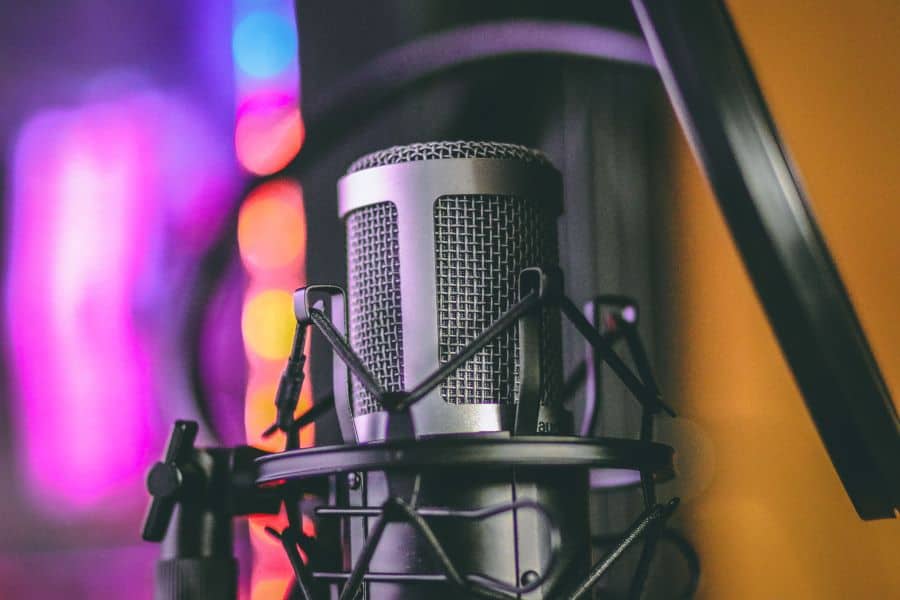When recording a podcast episode, it is important to first stay hydrated and drink a lot of water before you begin to speak. Whenever there’s a break in the recording, take another drink of water. Then, adjusting your microphone so that it’s away at an angle from your mouth will ensure that the sounds of your lips smacking or other saliva-related sounds won’t be as loud. Using a pop filter on a microphone helps to also eliminate these noises. Audio editing software can help reduce the high frequencies that these noises create.
Contents
Why does my mouth click when I talk?
When you talk, your voice can produce sounds that sound like clicks. This is due to a number of reasons. As you speak, your tongue, saliva, and tongue are all interacting with the sound emanating from your vocal chords. This produces clicks and pops as you talk. We will often ignore these sounds and filter them out during our day-to-day lives. But when you are recording your voice, you may start to notice them more and more as you focus on the sound coming from the speakers.
Do pop filters help with mouth sounds?

Making sure you’re hydrated is an excellent way to reduce lip smacking in recordings.
Pop filters do help with reducing the sounds that emanate from our mouth, including pops and clicks that are unwanted. Because pop filters are made with foam or nylon mesh material, it helps to eliminate these sounds. Though they can help filter out clicks and pops, they are unable to eliminate all of these sounds, especially ones that are louder due to dry mouth or a variation in speaking. That’s why it is important to drink a lot of water before you record your voice, and also to be mindful of your articulation of words.
How to Remove Saliva Noises from Recordings
Before you record, make sure to drink a lot of water and stay hydrated whenever there’s a break in recording. Tilt your microphone away from you or speak from the side, above, or below the microphone so that you are not speaking directly across from the microphone. This will help to reduce the volume of the saliva noises that will be obvious upon replay.
In the editing process after you record, you can clean up the saliva noises by listening for the unwanted sounds in the audio in an editing program. Programs like Adobe Audition, Sound Forge and Audacity all allow for this kind of sound editing. The saliva will come in at frequencies at above 6,000 Hz, and in your audio equalizer, you’ll be able to adjust those frequencies in those spots to minimize the volume. That way, the sounds will be much less obvious.
Summary
The sounds your lips and saliva make when speaking into a microphone in a recording can become very obvious when listening to it post-recording. A few ways to prevent these sounds are to drink water, avoid directly speaking into the microphone, using a microphone pop filter, and using editing software post-recording.